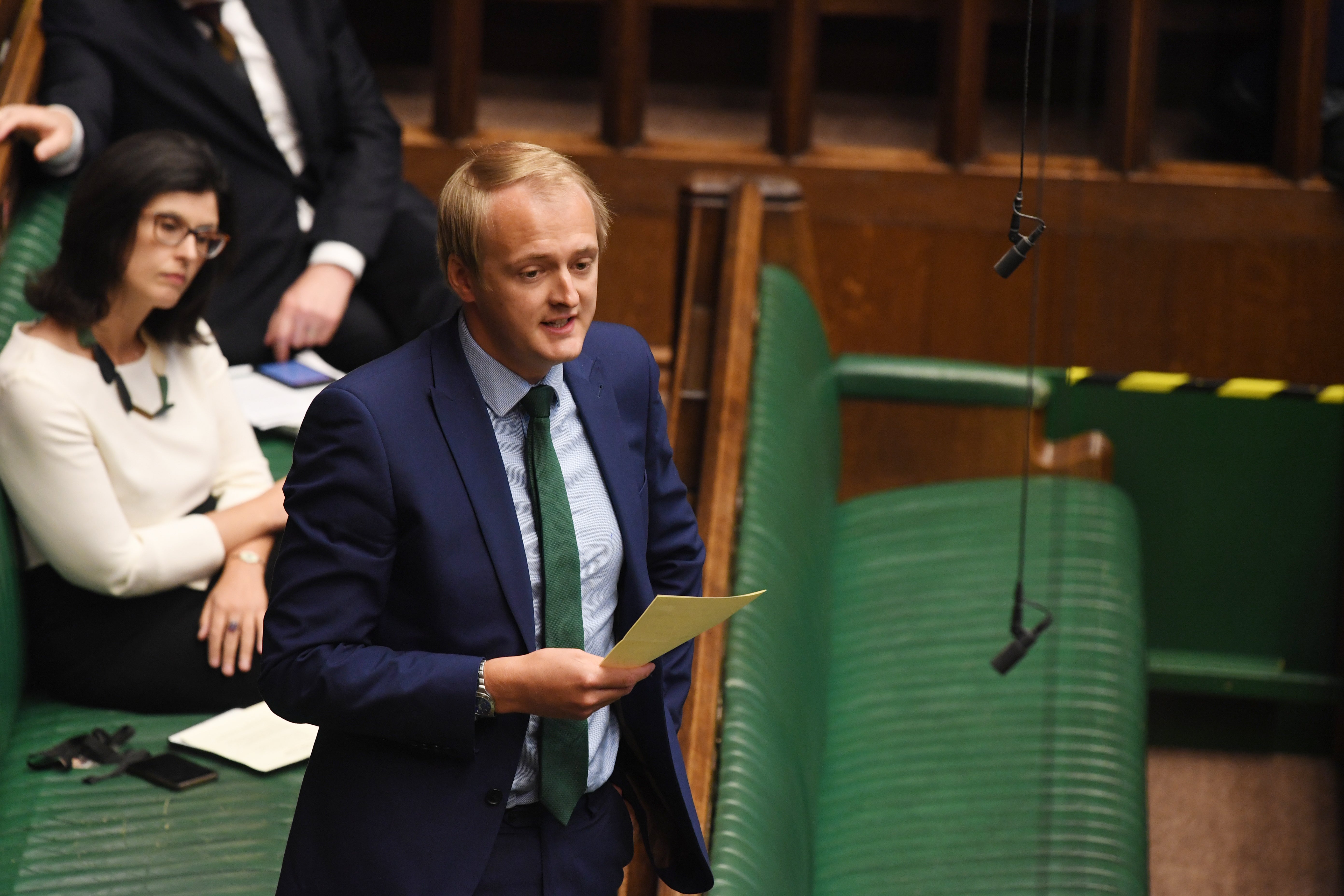BBC funding freeze has ‘serious consequences’ for Welsh public broadcasting
Plaid Cymru MP Ben Lake condemned the Government’s move.

Your support helps us to tell the story
From reproductive rights to climate change to Big Tech, The Independent is on the ground when the story is developing. Whether it's investigating the financials of Elon Musk's pro-Trump PAC or producing our latest documentary, 'The A Word', which shines a light on the American women fighting for reproductive rights, we know how important it is to parse out the facts from the messaging.
At such a critical moment in US history, we need reporters on the ground. Your donation allows us to keep sending journalists to speak to both sides of the story.
The Independent is trusted by Americans across the entire political spectrum. And unlike many other quality news outlets, we choose not to lock Americans out of our reporting and analysis with paywalls. We believe quality journalism should be available to everyone, paid for by those who can afford it.
Your support makes all the difference.A two-year freeze on the BBC licence fee will have “serious consequences” for Welsh language broadcasting, an MP has warned.
Ben Lake said Culture Secretary Nadine Dorries’s announcement on Monday represents a “real-terms cut” to the corporation’s funding and “casts doubt” on its future.
Ms Dorries told the House of Commons the annual fee paid by households would be fixed at £159 until April 2024 before rising with inflation for the following four years.
She also announced an extra £7.5 million from 2022 for S4C’s digital services. However, Mr Lake said the amount “cannot offset” cuts elsewhere.
Speaking in the House of Commons, the culture spokesperson for Plaid Cymru said: “It was pleasing to hear the Secretary of State claim that she recognises the importance of Welsh language broadcasting, but she then proceeded to announce a real-terms cut to the BBC’s settlement, a settlement of course that provides around £20m of S4C programming annually, in addition to Welsh language services on Radio Cymru, Radio Cymru 2 and BBC Cymru Fyw.
“Could the Secretary of State therefore explain how a real-terms cut to the BBC’s settlement will not see a reduction in its important contribution to Welsh language services?”
Ms Dorries responded by repeating that S4C will see a funding increase.
In a statement after the session, Mr Lake said: “Today’s announcement casts doubt on the future vitality of Welsh public broadcasting. Make no mistake – the real-terms cut to the BBC settlement will have serious consequences for Welsh language public broadcasting, as well as English-language Welsh news and programming.
“The Secretary of State completely failed to address this point in the Commons today. The real-terms cut to the BBC’s overall settlement will inevitably have repercussions on the programming it provides S4C, and hinders its ability to fund important services such as Radio Cymru.
“An increase in funding for S4C’s digital output cannot offset that cut.
“It is clearer than ever that if we want a healthy media landscape in Wales, the only way forward is to devolve broadcasting to the Senedd as soon as possible.”
Mr Lake was not the only Welsh MP to oppose the BBC funding freeze. Jo Stevens, Labour’s shadow secretary of state for Wales, raised concerns about the economic impact that rolling back the BBC would have on Wales.
She said: “The Tories’ decision to vandalise the BBC, a globally renowned and envied British institution in its centenary year, is a pathetic attempt to divert public attention from a shamed and failing Prime Minister whose premiership is hanging by a thread.
“The BBC’s role in our creative industries in Wales is a huge success story. Every £1 of the BBC’s economic activity in Wales generates £2.63 in our economy.
“The growth in the number of creative jobs and business as a result of the BBC’s integral role in Wales has outstripped growth in the sector across the whole of the UK.
“Instead of attacking the BBC, the Conservative Government should be praising what it has delivered to the public during that past 100 years but especially during the pandemic.”
Leader of the Welsh Conservatives in the Senedd Andrew RT Davies praised the funding boost for S4C.
However, his claim the party “have a proud record of supporting Welsh language broadcasting and were the party responsible for establishing S4C in 1982” received criticism online.
Many pointed out that the then-Tory government decided not to set up a Welsh language channel and only U-turned after Plaid MP Gwynfor Evans threatened to go on hunger strike.